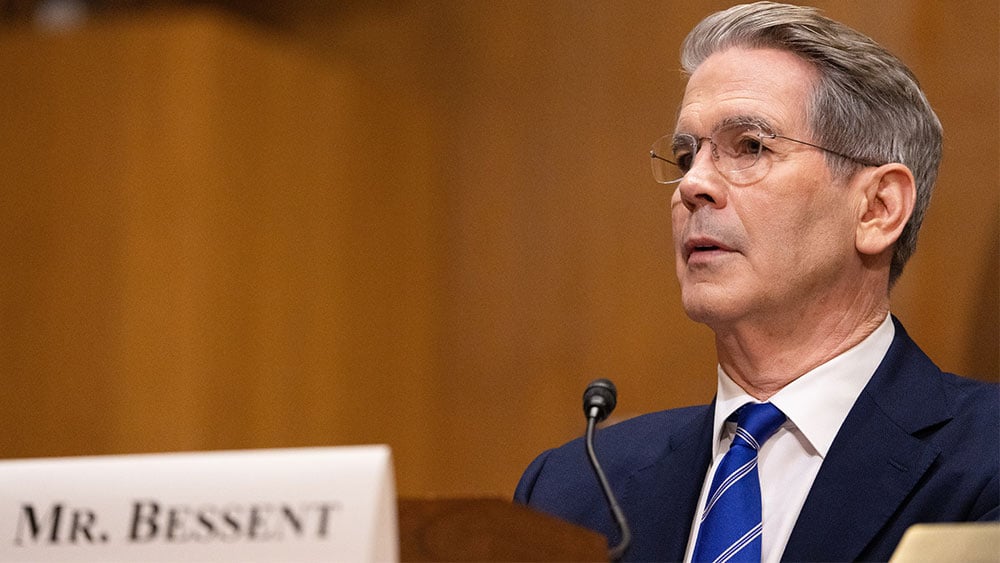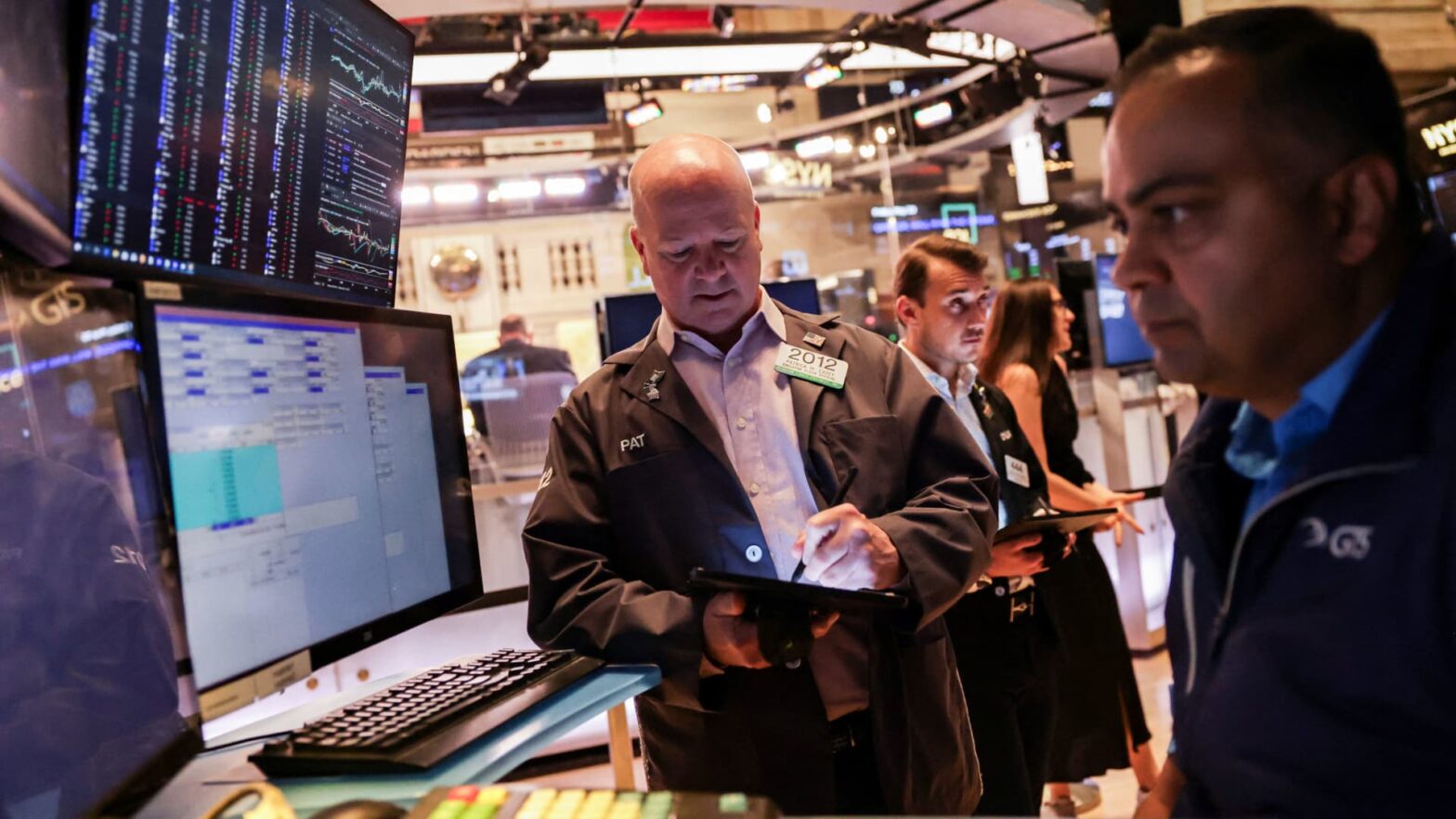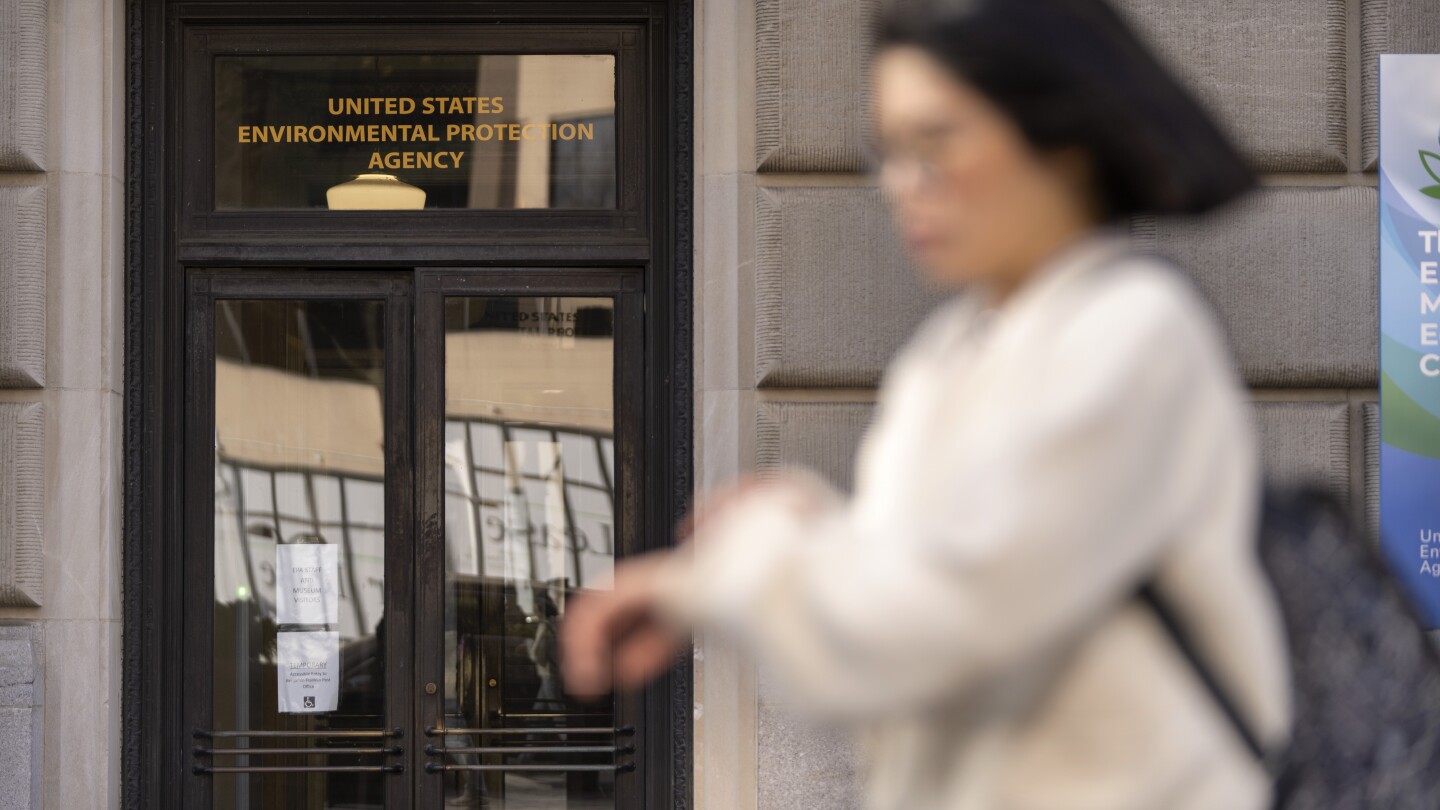Anand Krishnamoorthy
Updated 4 min read
In This Article:
(Bloomberg) — Asian stocks traded in a tight range Thursday as a brief global relief rally started to give up momentum after mixed signals from the Trump administration on its plans for China tariffs.
Most Read from Bloomberg
-
Trump Gives New York ‘One Last Chance’ to End Congestion Fee
-
Backyard Micro-Flats Aim to Ease South Africa’s Housing Crisis
-
To Fuel Affordable Housing, This Innovation Fund Targets Predevelopment Costs
A regional gauge of stocks edged up 0.1% as market enthusiasm got curbed after Treasury Secretary Scott Bessent cast doubt on a timely resolution to the US-China trade war. Shares in Hong Kong dropped 0.7%, the first time in four days. The yen flipped after two days of losses and the dollar weakened. Gold jumped 1.5% in increased demand for the safe-haven asset.
Global equities and long-dated Treasuries rose on Wednesday on signs US President Donald Trump is rethinking the most-aggressive elements of his stances on trade and the Federal Reserve. The brief rally after wild gyrations underscores the new reality for investors that US policies on trade tend to shift without forewarning, making it harder to come up with even short term forecasts on where the markets are headed.
“I suspect that you’re going to see more of this in the coming months as we see a ratcheting up and a pulling back up of trade tensions until we get some sort of an idea of what the future actually looks like,” said Brent Schutte at Northwestern Mutual Wealth Management.
Trump signaled that the US is going to have a fair deal with China, adding late Wednesday that the country may receive a new tariff rate in the next two to three weeks. The administration is also considering whether to reduce certain tariffs targeting the auto industry that carmaker executives have warned would deal a severe blow to profits and jobs.
Bessent said that Trump hasn’t offered to take down US tariffs on China on a unilateral basis. Asked if there was no unilateral offer from the president to de-escalate, he said “not at all.”
The Treasury secretary said that the administration is looking at multiple factors with regard to China beyond just tariffs — including non-tariff barriers and government subsidies. He also said that the strongest relationship between Washington and Beijing is at the top, and that there was no timeframe for engagement. A full re-balancing of trade might take two to three years, he said.
Investors should consider adding Chinese, Indian and European assets to re-balance their portfolios as the US stock market value has reached its peak and further corrections in equities, Treasury bonds, and the dollar are likely, according to Jefferies’ global head of equity strategy.















